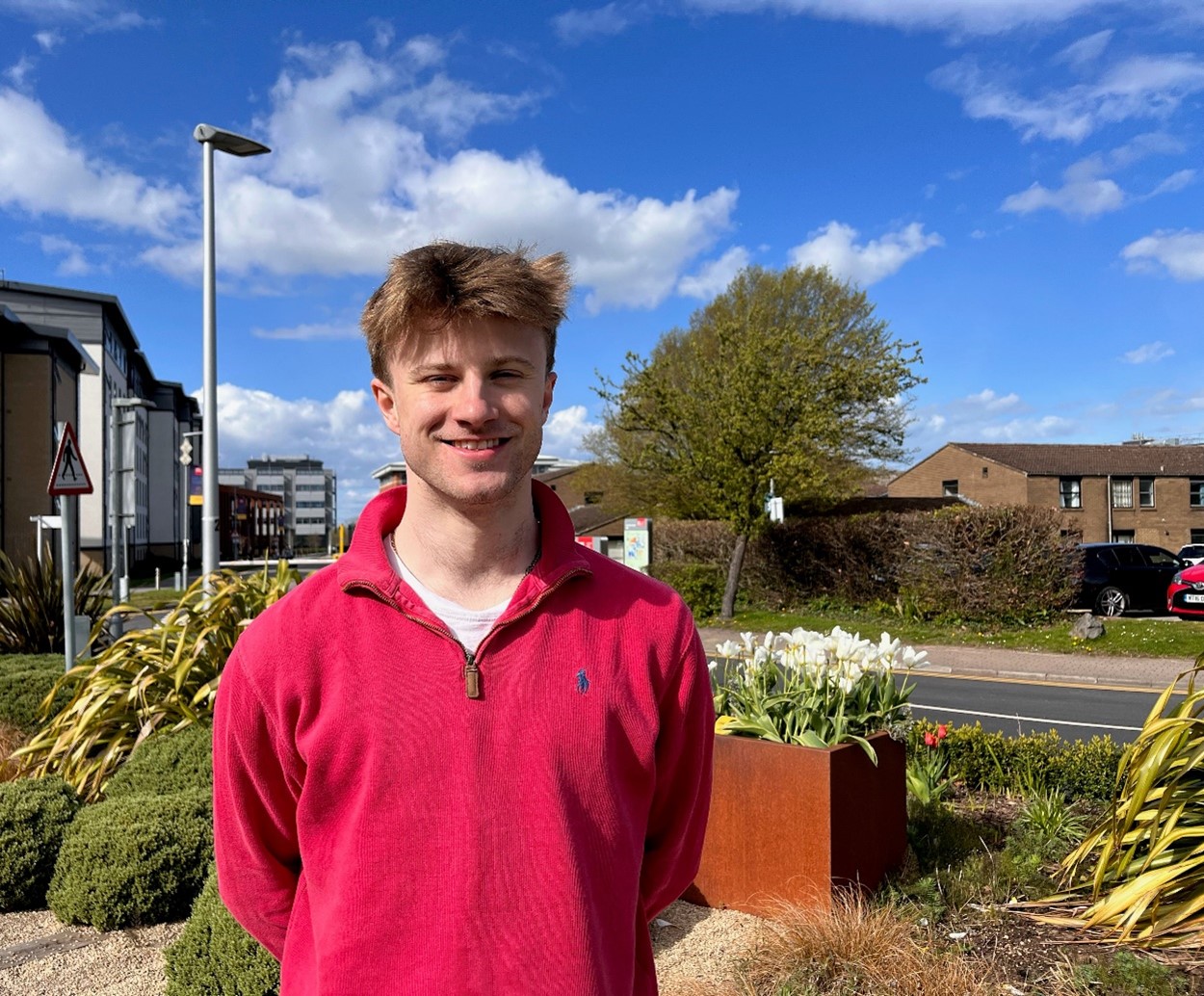Meet the shortlist: T. R. Williamson

Meet the shortlist: T. R. Williamson
I work three main roles currently. First, I’m a PhD student in the Brain, Language, and Behaviour Laboratory at the University of the West of England. Second, I work for the English Language Testing division at PSI Services LLC (Skills for English) as a Higher Education Engagement and Insights Consultant. Third, I am a Research Assistant at the Centre for the Neuroscience of Embodied Cognition at the University of Southern California.
Diversifying the Business Model: Overhauling Research Commercialisation at UK Universities
I began with a BA (Hons) in Linguistics and Philosophy from Lancaster University. I then progressed to an MPhil (by Thesis) in Linguistics from Girton College, University of Cambridge.
At UWE, I’m a member of the world’s first linguistics lab designing language tests for awake brain surgery. My PhD project specifically concerns the motor-linguistic system in the brain. At PSI, I work with administrations at higher education institutions across the United Kingdom and Ireland to provide more information about our English language testing solutions. At USC, I work on projects involving the processing of metaphors in the sensorimotor regions of the brain.
There are lots that I enjoy about my roles! In my PhD, which I started in April, what’s most exciting is the opportunity to make a tangible difference in thousands of people’s lives with my research. In liaising with HEIs for PSI, what I enjoy most is enabling our startup mission to grow and have its potential recognised by universities. At USC, it’s being at the cutting edge of cognitive neuroscience research. However, a challenge that all three roles share is navigating the ambiguity of being the first to do something. It requires constant re-evaluation of standards to ensure optimal performance and an energetic determination to deliver the best for all stakeholders.
Fundamentally, I believe that research has the power to make a much more substantial difference in the world and that it can make higher education institutions money at the same time. After having worked both with research and administrative wings of higher education institutions in the UK, it is clear to me that scholarly and commercial opportunities are being missed. And it seems essential to take such opportunities in the context of the significant problems that HEIs in the UK currently face: undiversified sources of income and an overreliance on international student tuition fees that potentially face major disruption from pandemics and conflict, insufficient levels of funding available for research, and the closure of unprofitable academic departments. For me, ethically and sustainably increasing focus on research commercialisation can tackle all these problems to various extents. My essay attempts to make this case and suggests ways to implement this commercialisation in practice so as to maximise potential impact.
In many ways, the essay wrote itself. Once you establish the premise that research commercialisation represents a missed opportunity and requires overhaul at UK HEIs, what’s left is to logically set out ethical and sustainable principles and frameworks for implementation. Really, the biggest challenge represented in the essay is in the nuts and bolts of the practicalities. A whole book, I am sure, could be dedicated to such a problem, and it’s something I’d love to work on further, both academically and in practice, into the future.
Any reader from the AHUA, I am certain, shares my passion for higher education and cares deeply about the long-term prosperity of UK HEIs. With the significant problems (that I mention above) facing higher education today, I contend that at least expanding research commercialisation efforts – following suggestions I give such as employing departmental business development staff, designing streamlined commercial proposal systems, and going after ‘quick wins’ – could empower more world-leading discovery and bring more financial stability to universities.
